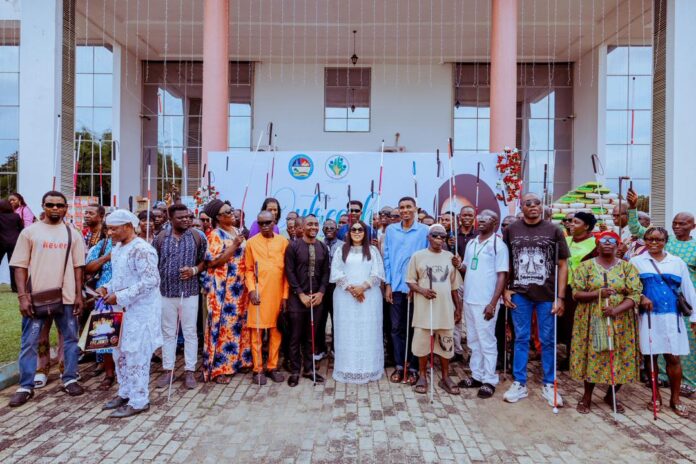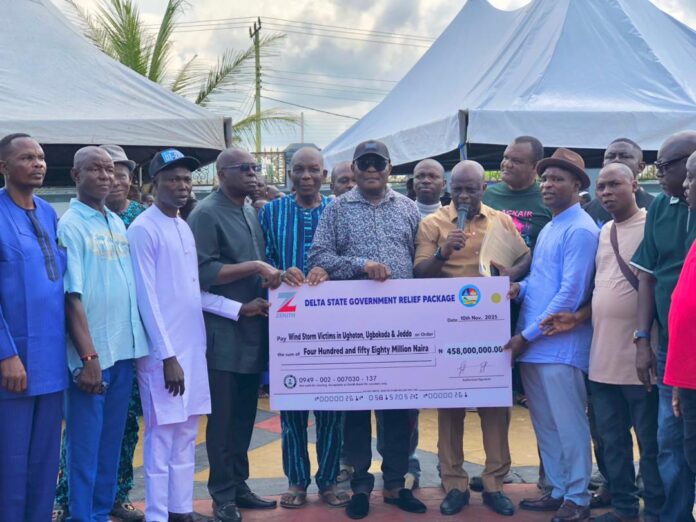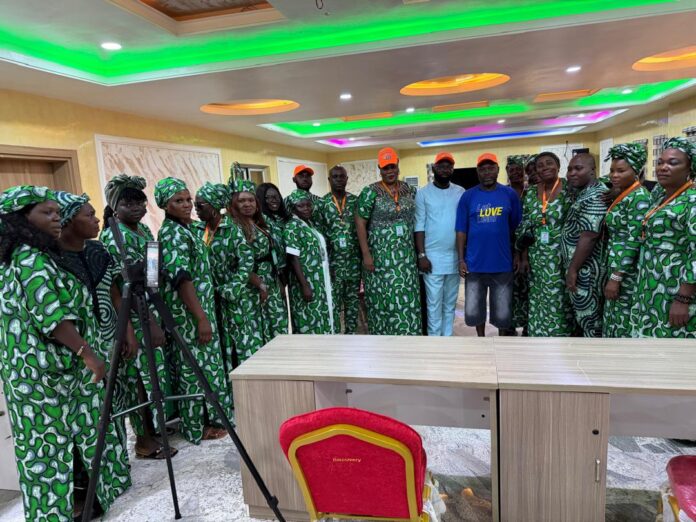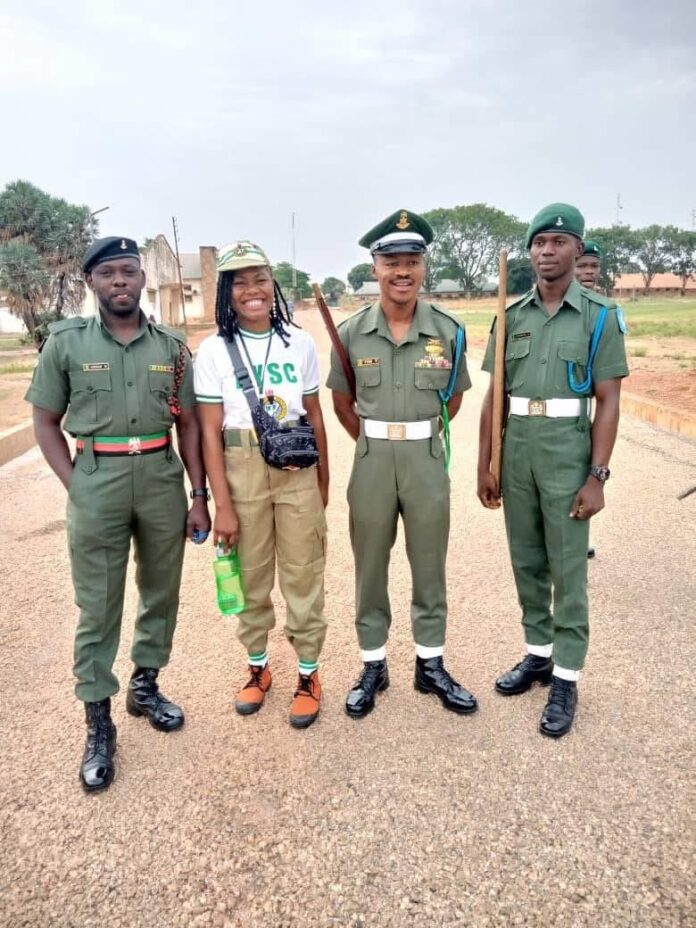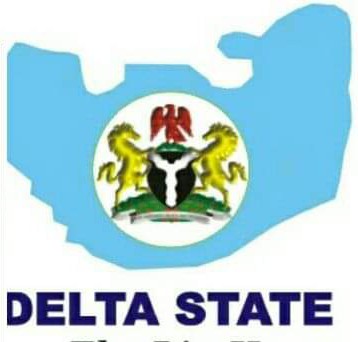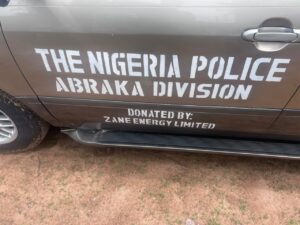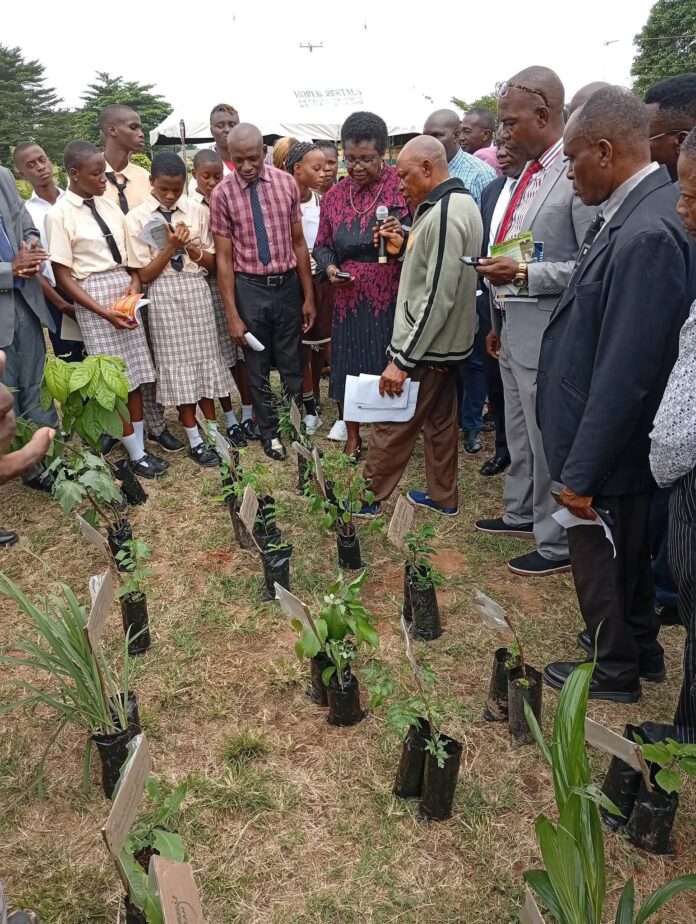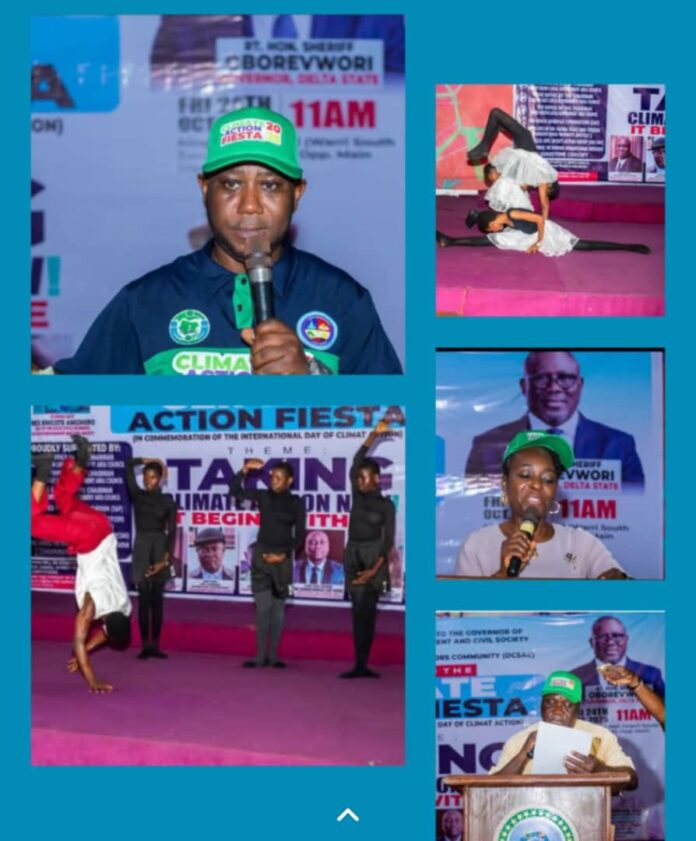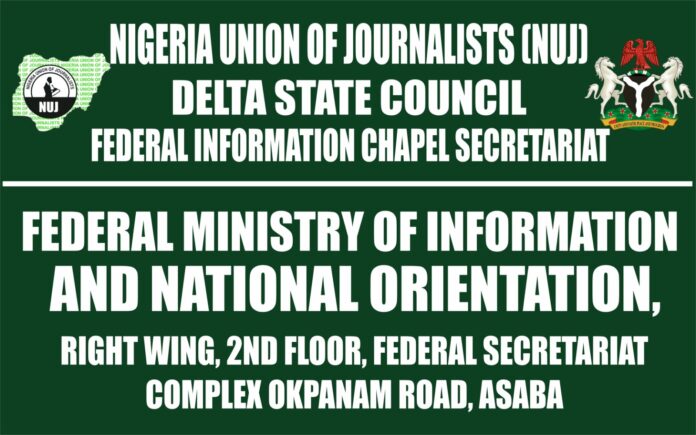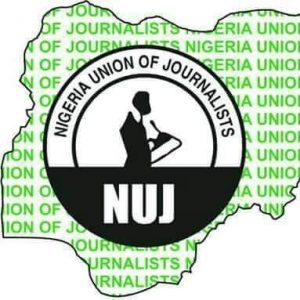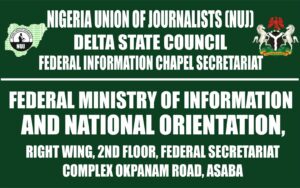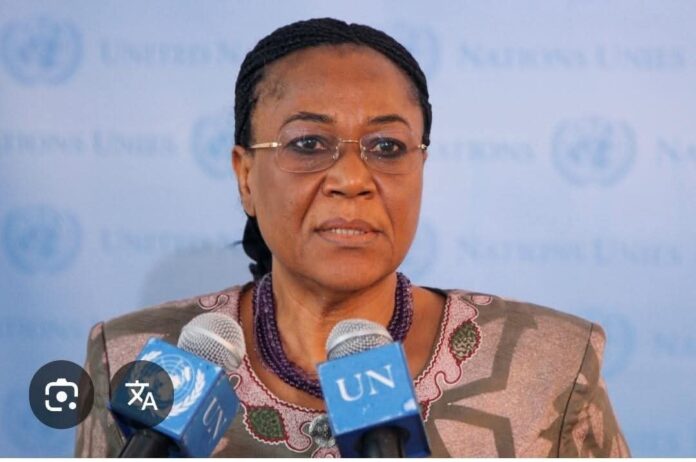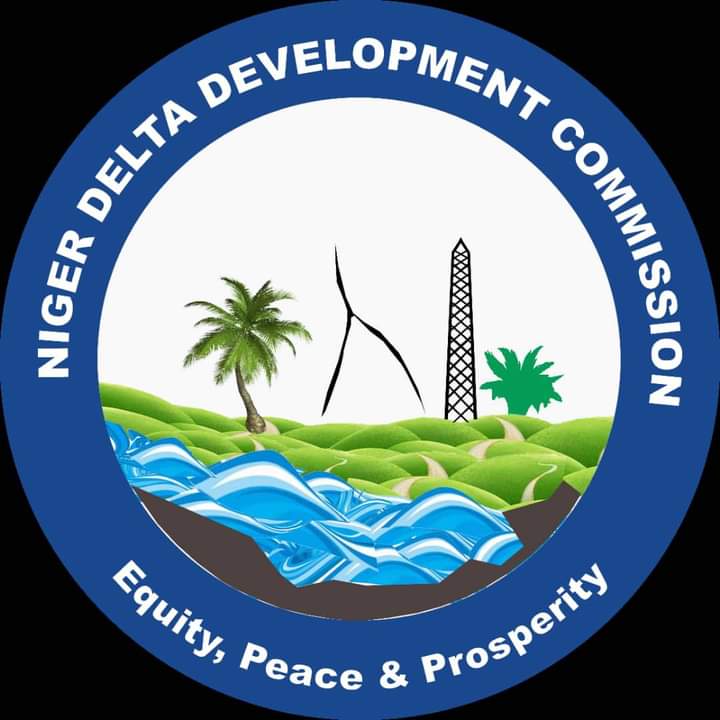Wife of the Delta State Governor and founder of the You Matter Charity Foundation, Deaconess Tobore Oborevwori, has awarded scholarships to visually impaired students and empowered members of the blind community with food items and assistive devices during the foundation’s outreach programme tagged “Mission to the Visually Impaired” held on Wednesday, November 12, 2025, in Asaba.
Speaking at the event, Deaconess Oborevwori said the programme was designed to extend love and support to the visually impaired and promote inclusivity through education, empowerment, and care. She explained that the You Matter Charity Foundation has been actively supporting children with autism, special needs, and visual impairment by providing educational and vocational materials to enhance their learning and confidence.
According to her, society must move away from stigmatizing the visually impaired and instead recognize their intelligence, potential, and courage. “Too often, the visually impaired are regarded as lesser members of society, denied access to quality education, and sometimes treated as second-class citizens. But today, we are here to change that narrative,” she stated.
The Delta First Lady encouraged visually impaired students to strive for excellence and urged parents not to lose hope in their children’s potential. “The visually impaired have a special place in God’s creation and deserve every opportunity to thrive. Let us work with them by sharing knowledge, fighting poverty, and opening doors of opportunity,” she said.
As part of her empowerment gesture, Deaconess Oborevwori donated several assistive gadgets, including laptop computers with screen readers, Braille papers, slates and stylus, talking calculators, tactile learning sets, digital audio recorders, and talking watches and clocks, among other materials to aid their daily learning and independence.
She also distributed food items such as 120 bags of rice, 100 tubers of yam, palm oil, garri, noodles, salt, custard, and other household provisions to support the beneficiaries and their families.
In addition, the First Lady awarded full scholarships to four visually impaired students studying in different universities, covering their tuition and academic needs until graduation. She encouraged them to pursue excellence, describing education as a tool of empowerment and equality.
While commending the leadership of the Association of the Blind for their organization and resilience, Deaconess Oborevwori expressed optimism that the engagement would inspire renewed confidence and purpose among members of the association.
In her welcome remarks, the Director General of the You Matter Charity Foundation, Mrs. Lawrentta Ogbedo, described the event as a reaffirmation of the foundation’s commitment to inclusivity and social justice. She noted that the outreach demonstrates the right of every person to belong and participate fully in the development of society.
“The visually impaired are part of our community, and this initiative is our mother’s contribution to bridging the gap and ensuring no one is left behind in the journey of development. Food symbolizes love and care, and today we reaffirm that you are seen, valued, and loved,” Ogbedo said.
Deaconess Oborevwori concluded the event with words of encouragement drawn from 3 John 1:2, reminding the beneficiaries that their physical limitation does not define their purpose. “Though your physical sight may be limited, your vision of hope brings light and happiness to the world. Do not be discouraged; keep striving for the best,” she prayed.
Speaking on behalf of the beneficiaries, Mrs. Angela Ekure, a visually impaired broadcaster with the Delta State Broadcasting Service, expressed deep appreciation to the governor’s wife for her generosity and compassion.
She noted that it was the first time the visually impaired community had received such meaningful attention from a First Lady in the state, describing the scholarships and donations as life-changing gestures that would ease their academic and financial challenges.

